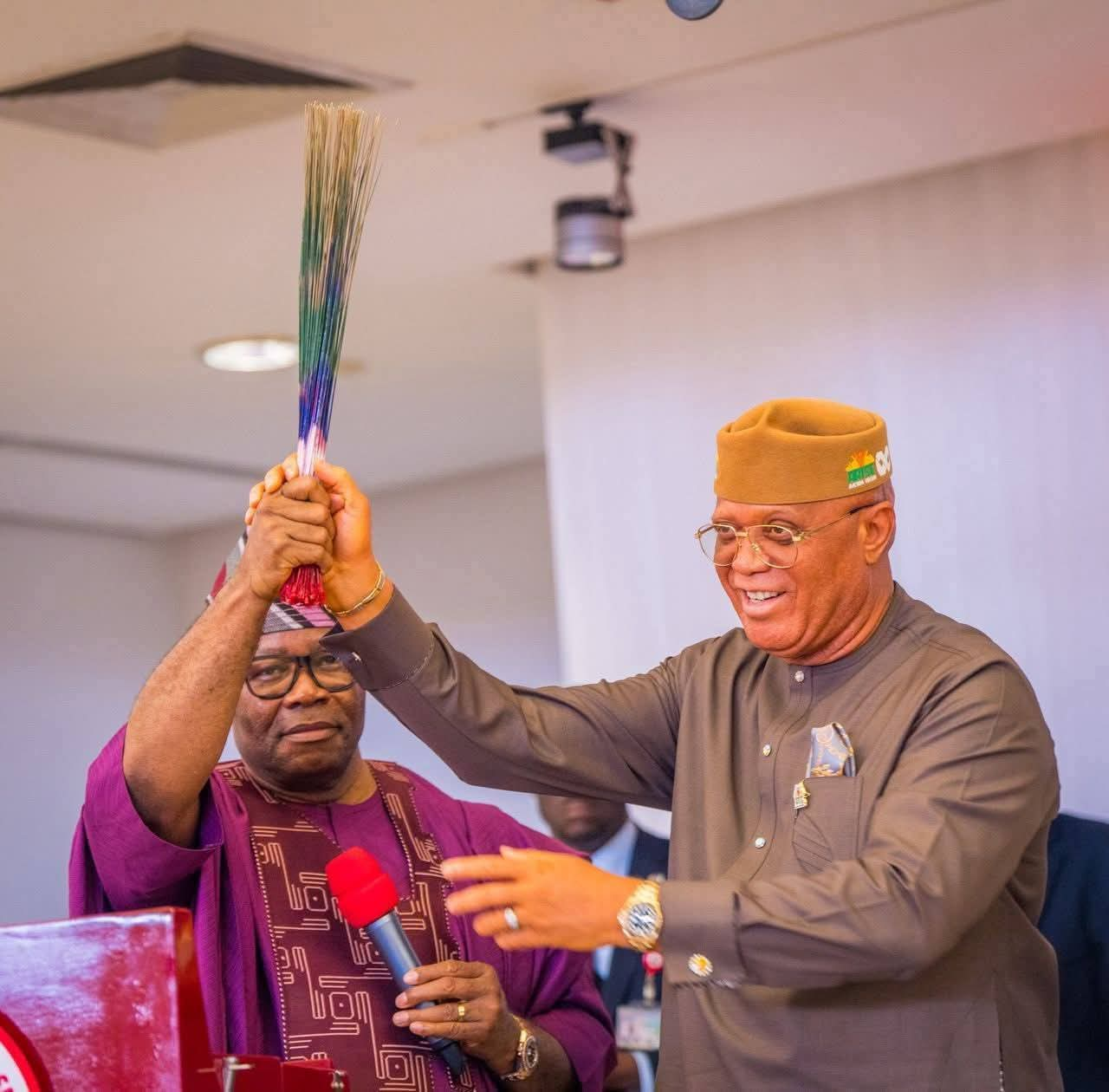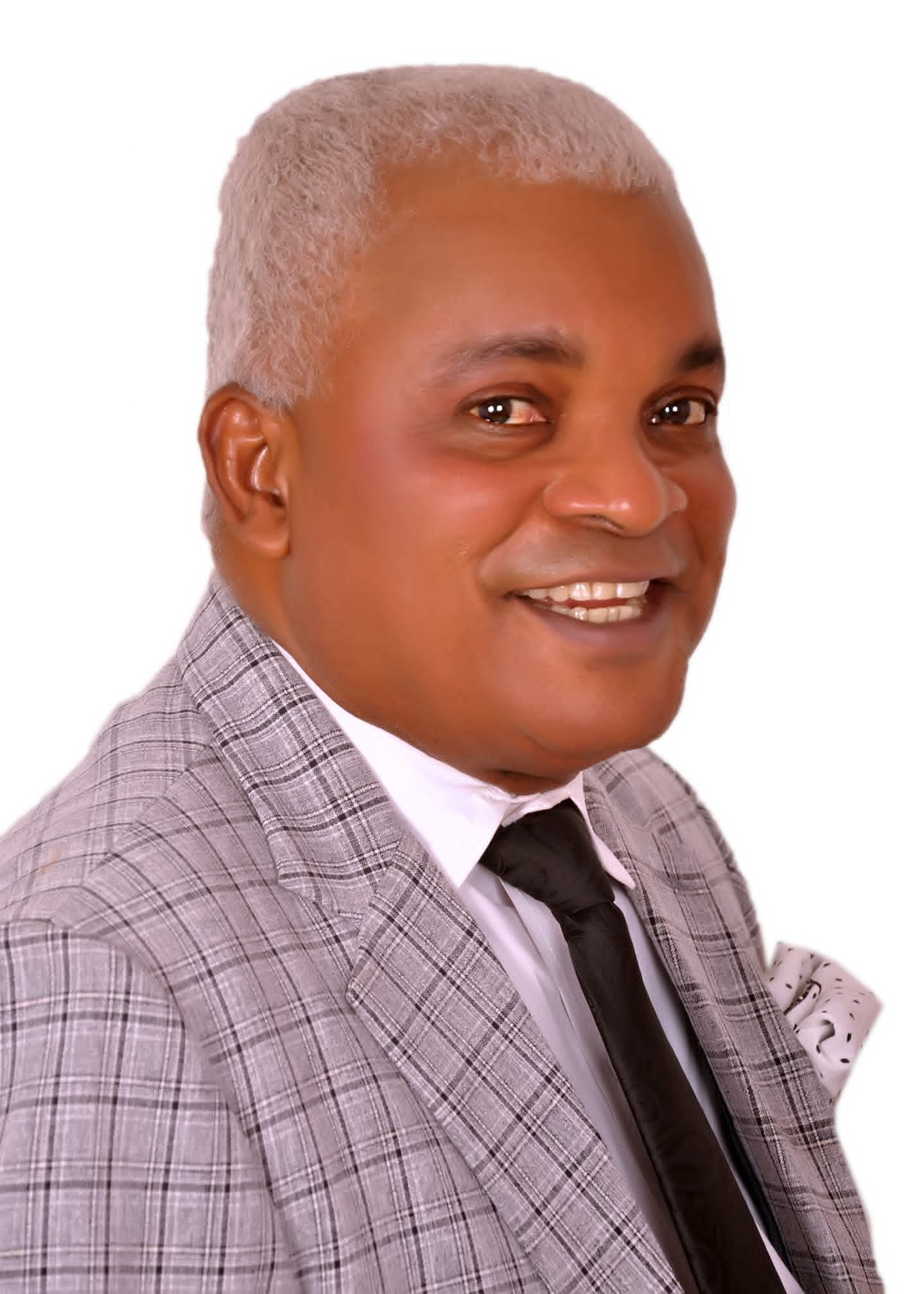By Ernest Udoh-Robert
Until we reinvent a Nigerian democracy or refashion it to suit our peculiar circumstances, we would be simply wasting our time and creating opportunities for those who would steal political power and wreak havoc on the country.
The military era ended in 1999, marking a watershed moment in the political history of Nigeria with the transition from military to civilian rule, ushering in the Fourth Republic. Fortunately, for more than two decades now, the country is yet to witness military intervention, hitherto making the Fourth Republic the longest period of civilian rule.
Moreover, whether in the life of an individual or a nation, a silver anniversary is a significant milestone. It is even more so in this instance, given the political trajectory of our country. Nigerias first experiment in democracy lasted just six years from 1960 to 1966. The second attempt was even shorter: Four years and three months from1979 to 1983. Meanwhile, the Third Republic was aborted before it was even inaugurated. That the current democratic dispensation in our country has lasted a quarter of a century is, indeed, remarkable.
By most demographic projections, the percentage of Nigerians under the age of 25 is about 62 per cent while those below 30 are put at about 71 percent. That means we have a generation whose members have only experienced the current democratic dispensation that started in 1999. These young Nigerians may therefore not appreciate the difference between the freedom they now enjoy, even with its imperfections, and the authoritarianism, oppression, disdain and utter contempt for any form of accountability that defined the era gone by.
This milestone, however, point to a democracy oscillating between consolidation and regression. Twenty five years after can we assert the civilian rule to be a better system that has raised the country from its economic woes to a more prosperous one?
While it may be uncharitable to discount the incremental gains since the return to civil rule, the country is far from attaining the status of a consolidated democracy or a productive economy. There are people now calling for the return of the military, despite the very undemocratic principles the military use in governance. Their argument however stems from the gradual deterioration of the living standard of Nigerians in a civil rule.
Nigeria no doubt has regressed on many fronts. Chief Olusegun Obasanjo in his presidential inauguration speech on 29th May, 1999 said; Today, we are taking a decisive step on the path of democracy. We will leave no stone unturned to ensure (the) sustenance of democracy because it is good for us, it is good for Africa, and it is good for the world. From his speech Nigerians were full of hope for a better tomorrow. Paradoxically, the persistence of election violence, the threat to life and monumental malpractices have not exerted any decisive impact in discouraging citizens from seeking participation in the electoral process. They continue to show their conviction in the ballot box as the means of leadership succession.
Unarguably, Nigerians prefer choosing their own leaders despite the attendant violence, killings and obvious malpractices that come with every election year. This is as a result of the nature of the state and the politicisation of ethnic identities, political elite who scheme to gain access and control of the vast economic power that public office confers. The political mobilisation and weaponisation of poverty, ethnic and religious identities are also implicated and tend to fuel violent election-related conflict.
Civilian rule comes with the above negative bandwagon effects, yet Nigerians are not tired of participatory democracy. There have been electoral reforms which have yielded some positives aimed at enhancing the quality, and boostng the credibility and acceptability of electoral outcomes, thereby resulting in a series of reforms such as the introduction of data-capturing technology (known as the smart card reader) and the machine-readable permanent voter card (PVC) in the 2015 and 2019 elections. As a result of these reforms, the 2015 general elections witnessed a dramatic drop in the level of election petitions, possibly reflecting an improved level of satisfaction with the electoral process. These reforms also culminated in the defeat of an entrenched incumbent party and the change of political power to the opposition, thereby fulfilling one of the preconditions for a consolidated democracy.
Howbeit, promises made by different civilian administrations on tackling insecurity, fighting corruption and growing the economy have failed. The message of change resonated deeply with the majority and many thought civilian rule would deliver on these promises. And as various civilian administrations wind-down, none of the key campaign promises were fulfilled; rather, the fortunes of the country deteriorated economically and on the corruption index.
The 2023 general elections in Nigeria was the most keenly contested since the return to civilian rule. Being an open-seat election with no incumbency factor, incendiary verbal exchanges by political gladiators over which ethno-regional bloc should produce the next president manifested. These were ominous signs of uncertain times ahead.
Asiwaju Bola Ahmed Tinubu emerged as the 16th president of Nigeria from the 2023 presidential election and one year of his administration has brought untold hardship on the people due to unpopular policies that have further impoverished Nigerians. There has been a policy summersault, showing that the policies are not well thought out, but are anti-people and formulated to favour a few.
The fuel subsidy removal, hike in electricity tariff, dollarization of the economy, increase in interest rate, and the inflationary rise in the prices of goods and services are some the policies that have stifled the economic growth of the country. Today Nigerians in a democracy are groaning and expectant of a messiah. By experiential knowledge, Nigerias democracy has, over the last 25 years, been hijacked by imposters who promote personal and private interests at the expense of the nations viability and future. The people are yet to see or feel the benefit of democracy, and they questioning the relevance of Nigerias democracy?
Consequently, within the structure of government and governance in the federal system exists a financial arrangement that has made the quest for the presidency a do-or-die affair. With the current food crisis in Nigeria, hunger is spreading, and government appears not to have a coherent solution. It is difficult to comprehend how people are coping with the numerous troubles which undermine all known variables that safeguard their wellbeing. In individual households, the inability to make ends meet exacerbates social, physical, and mental problems, all of which undermine economic growth.
To address these challenges, Nigerians must advocate for policies that promote equitable access to education, healthcare, and socio-economic opportunities that can bridge the gap between the different segments of the society.
And to buy into what former president Obasanjo called for in a recent conference, Africans must begin to look inward towards brewing their own democracy. Obviously, the Western democracy as practiced does not resonate well with Africa.
In my own postulation; home grown democracy in Nigeria should have three representatives from each tribes at the national level. These representatives are basically traditional leaders, who will in turn form the national assembly and out of them a president will be elected, and he or she will then pick his cabinet from each tribe, not from the traditional rulers because they are already in the national assembly. This can be replicated at the state level.
This system will be cost-effective, truly representative and no need for elections to be conducted because each tribe has its own way of recruiting leaders. It has been observed that, despite the various measures adopted and implemented to foster national unity among different ethnic groups, primitive sentiments have continued to pervade the political system. Let us therefore, not shy away from this reality, but rather use it unashamedly in our political space. While also projecting into the future, by making our foremost priority to be the preservation and promotion of our values. Let us reclaim our role as a village that nurtures resilient, compassionate, and morally grounded children.
On reflection, what we practice is a democracy that does not live up to the dreams of the political and human rights crusaders that fought to end of military rule years ago. Until we reinvent a Nigerian democracy or refashion it to suit our peculiar circumstances, we would be simply wasting our time and creating opportunities for those who would steal political power and wreak havoc on the country.
Udoh-Robert is the production editor of WatchmanPost.




Twenty five years of demon-crazy and twenty five years of broken promises!